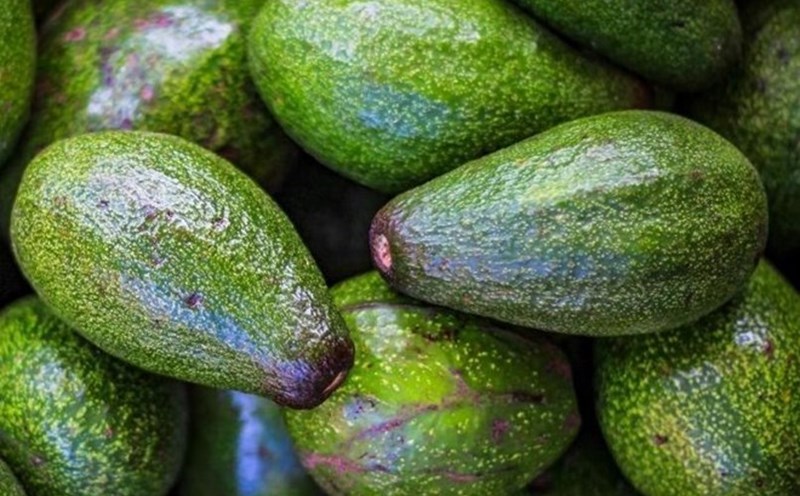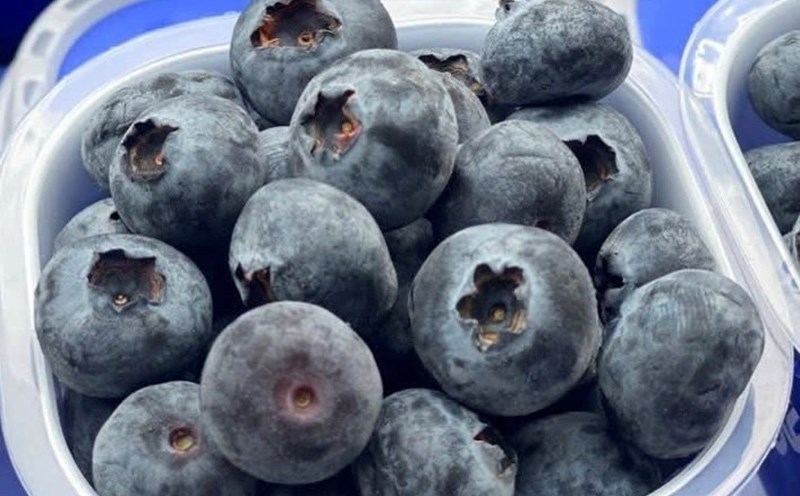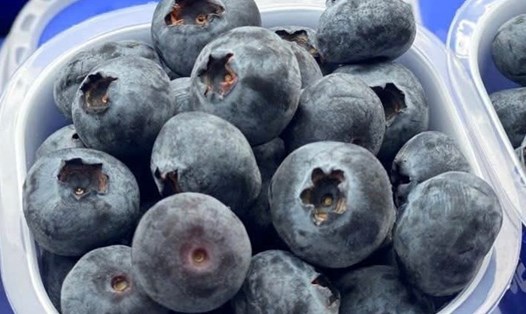Sour cherries are rich in anthocyanin and polyphenols, which are powerful antioxidants and anti-inflammatory.
Many observational studies and small studies show that consuming fresh cherries or sour cherry juice is associated with reduced urate levels and reduced gout frequency within hours to days after use.
The mechanism includes reducing oxidative stress, inhibiting inflammatory reactions, and increasing urate excretion through urine. These results are summarized in medical reviews and nutritional guidance documents for gout.
Vitamin C has been shown in many randomized controlled and synthesized studies to slightly reduce uric acid levels when taken in moderation (for example, 500 mg/day).
Vitamin C can increase urate excretion through the kidneys and reduce serum levels in a short time. Therefore, adding a side dish rich in vitamin C (berries, oranges, kiwis) with cherries helps increase the effectiveness of urate reduction compared to just eating alone.
In addition, the DASH diet and plant-based diets also show reduced uric serum (SUA) when applied, which emphasizes that a snack should be placed in the context of a healthy meal: low animal purines, limited refined fructose and adequate hydration.
A side dish like cherry + berry salad, eaten with a lunch with little red meat, can contribute to this effect.
Suggested side dish recipe (easy to prepare): 1 handful of fresh cherries or 6080g dried cherries (no added sugar) combined with 50g berries (bunchets/strawberries), sprinkled with chopped walnuts and a slice of sliced lemon, mixed lightly.
Eat directly after lunch or make unsweetened cherry compote to eat with. Recommended portion: about 60-100g of total fruit as a side dish, 3-4 times/week is suitable for healthy people.
Avoid added sugar: many canned cherry products with sugar and sugar (especially fructose) increase uric synthesis; should choose products without added sugar or use fresh cherries.
For people with diabetes: control the amount of sugar in the diet; prioritize fresh berries and cherries over concentrated juice.
People with chronic kidney disease: need to be careful with foods high in potassium or supplements; always consult a doctor/nutritionist before changing the diet.
Do not replace medication: cherries or vitamin C are supplements, do not replace urate-reducing drugs prescribed by doctors when needed.











